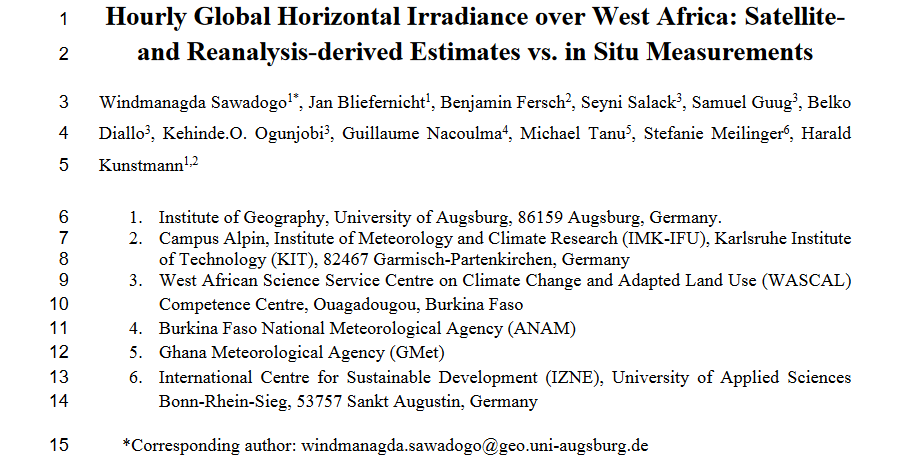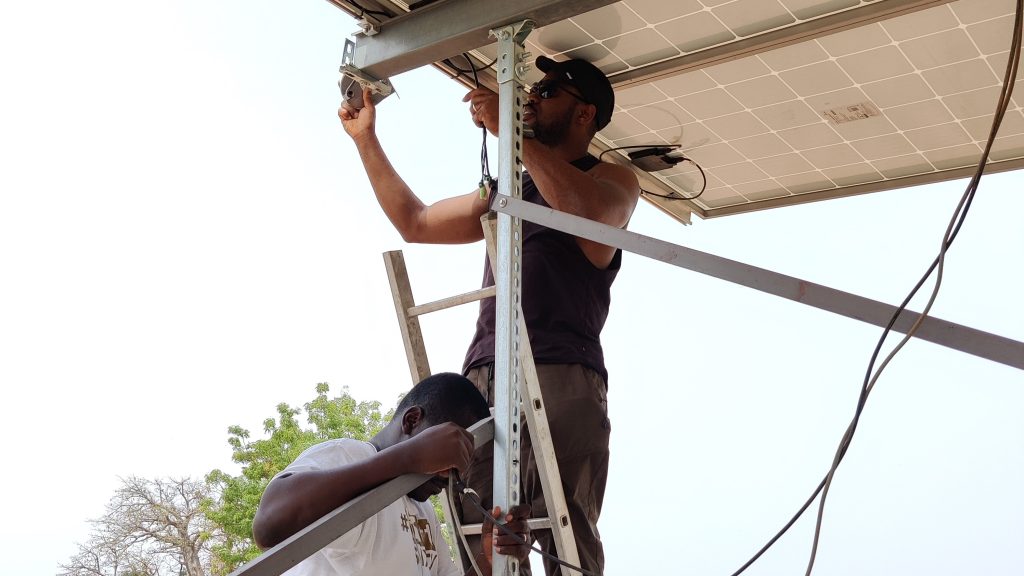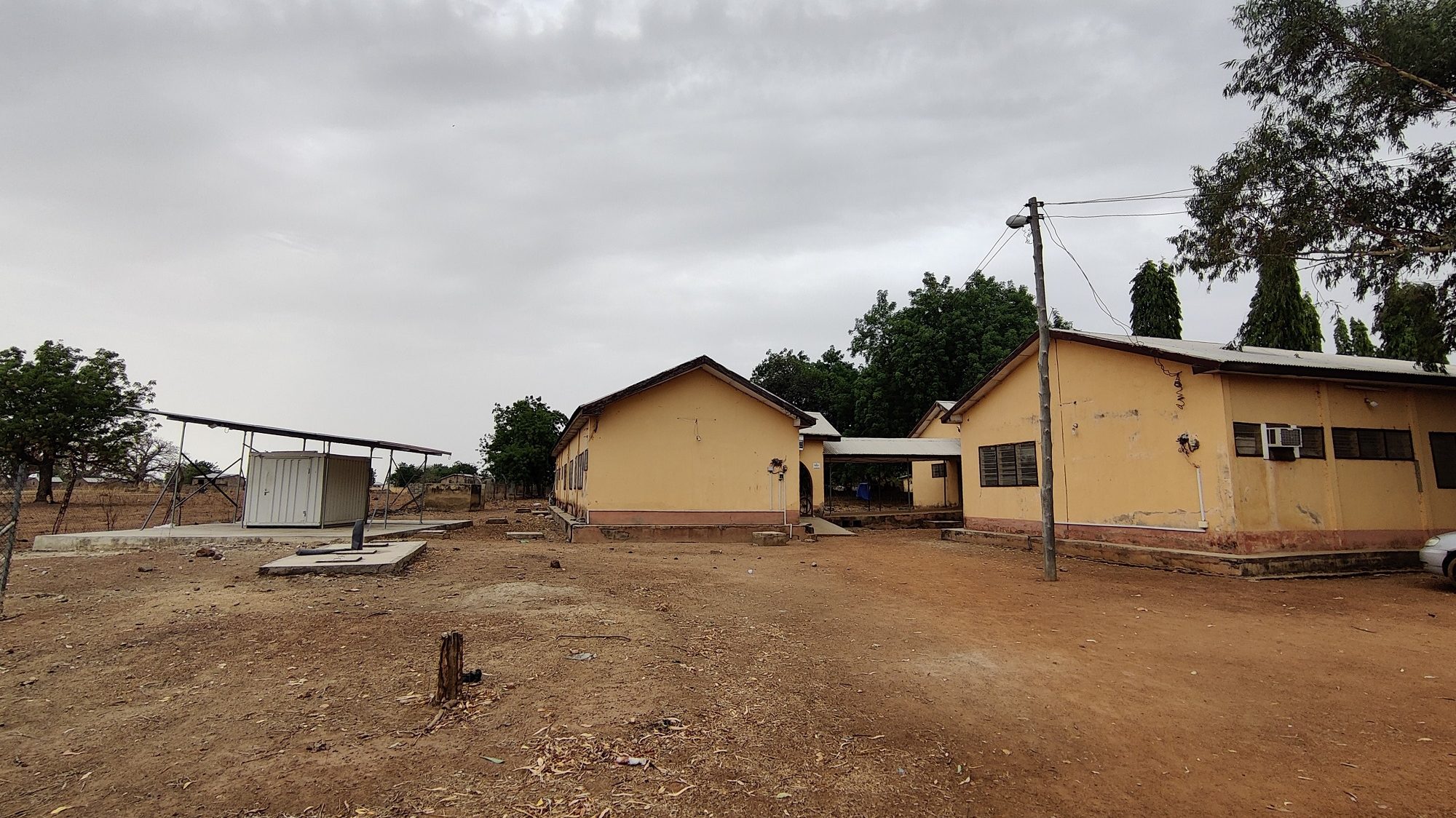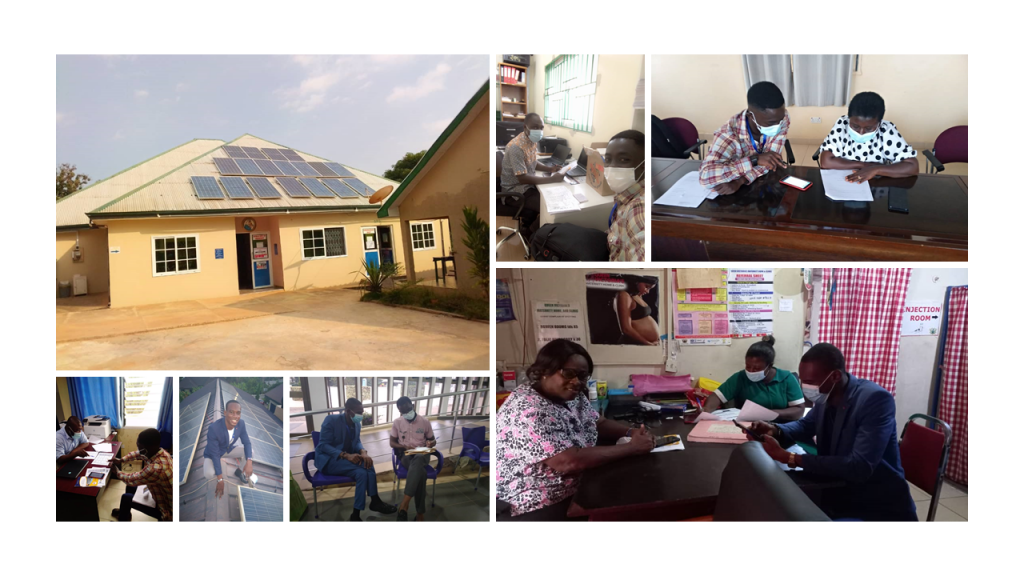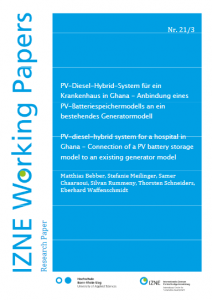Within work package 4, Jonas Bauhof from the University of Applied Sciences Bonn-Rhein-Sieg is analysing the interdisciplinary cooperation and exchange of the different work packages involved in the project.
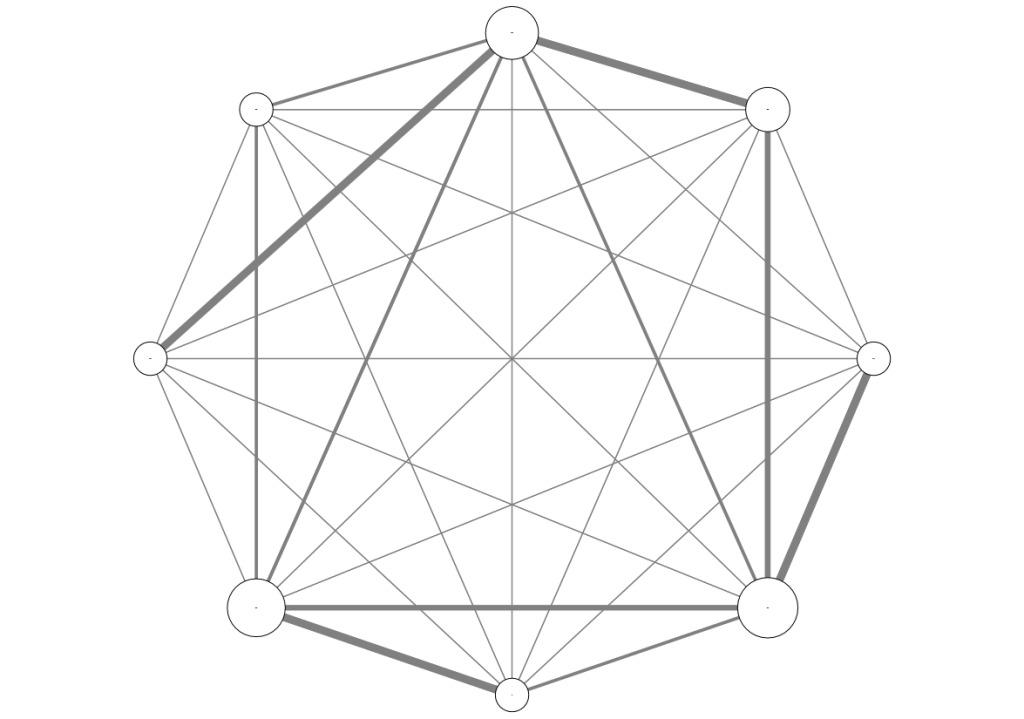
What is your role in the EnerSHelF project?
As a distinct feature of the EnerSHelF project, besides the disciplinary work of the technical, natural, and social sciences, we are also aiming to understand processes of cooperation between the different disciplines in such an interdisciplinary research setting. My role is to identify the areas of cooperation and possible barriers and enablers of interdisciplinary research. These “lessons-learned” can be beneficial for future projects with a similar set-up.
Continue reading Tracking interdisciplinary cooperation